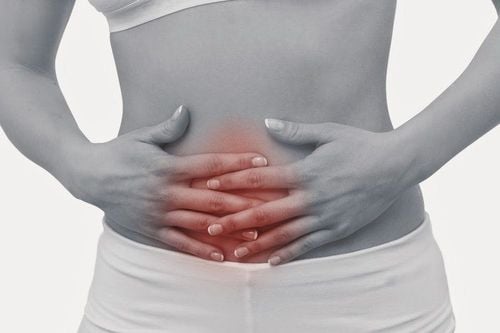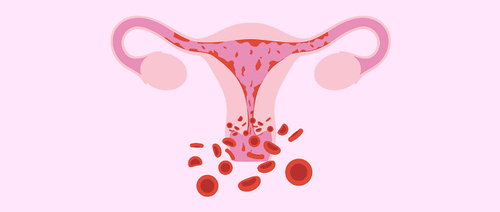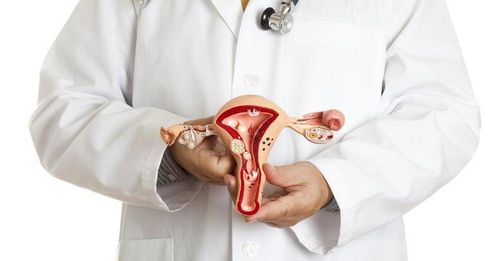This is an automatically translated article.
The article was professionally consulted by Dr. Nguyen Van Thanh - Obstetrician and Gynecologist - Department of Obstetrics and Gynecology - Vinmec Nha Trang International HospitalUterine fibroids are a common condition in women that can affect conception and pregnancy. Women with uterine fibroids may or may not have clinical symptoms, many of which are discovered incidentally during medical examination.
1. What are uterine fibroids?
Uterine fibroids are abnormal growths of muscle cells and fibrous tissue, thereby forming a benign tumor of smooth muscle cells in the uterus. According to the US National Institutes of Health, about 70-80% of women have uterine fibroids by the age of 50, about 20-50% of women of childbearing age also have this condition. However, most cases of uterine fibroids do not turn malignant and do not require medical intervention.
The effects of uterine fibroids can make it more difficult for a woman to conceive than usual, and there may be some problems during pregnancy.
2. Causes of uterine fibroids
The cause of uterine fibroids is still not known, but medical experts believe that the disease is related to the levels of estrogen and progesterone in the body. These hormones are made in a woman's ovaries and affect the growth and changes of the uterus.This explains why fibroids sometimes grow larger during pregnancy, in part because the production of the two hormones estrogen and progesterone peaks. The fibroids then shrink again once the woman has given birth.
There are three types of fibroids identified:
● Intramural: the most common type of fibroid and usually located in the wall of the uterus
● Submucosal: a fibroid that forms and grows in the lining of the uterus
● Subserosal : is a type of fibroid that forms and grows outside the uterus
3. Signs to recognize uterine fibroids

Most women with uterine fibroids have no obvious clinical symptoms, so they don't even know they have the disease if they don't go to the doctor. When getting worse, uterine fibroids manifest through the following characteristics:
Menstrual period is prolonged, with thick blood, every period is very painful
Pain increases with intercourse
● Feeling feeling heavy in the back, bladder or intestines
● Spotting of blood even though you haven't had your period yet
● Having many fertility problems: difficulty conceiving, infertility, miscarriage, premature birth.
Frequent urination
Difficulty going to the toilet
4. Effects of uterine fibroids on pregnancy
Many women with fibroids are able to get pregnant naturally and interventions are considered unnecessary. However, in some cases, fibroids can affect a woman's fertility. For example, a submucosal fibroid is a type of fibroid that grows and bulges inside the uterine cavity, increasing the risk of female infertility or miscarriage.
Most women are affected by uterine fibroids during pregnancy. However, one annual review found that between 10 and 30 percent of women with fibroids develop complications during pregnancy. Among them, the most common complication of uterine fibroids is pain. In addition, fibroids larger than 5cm are also common in the last 2 trimesters of pregnancy. Uterine fibroids also increase the risk of other complications during pregnancy and delivery, such as growth restriction, placental abruption, preterm birth, cesarean delivery, breech delivery, and miscarriage.
In general, uterine fibroids are quite benign and usually do not require treatment during pregnancy, unless the patient has severe symptoms. Cases of fibroids do not cause many uncomfortable symptoms, doctors recommend patients to periodically monitor
Please dial HOTLINE for more information or register for an appointment HERE. Download MyVinmec app to make appointments faster and to manage your bookings easily.














